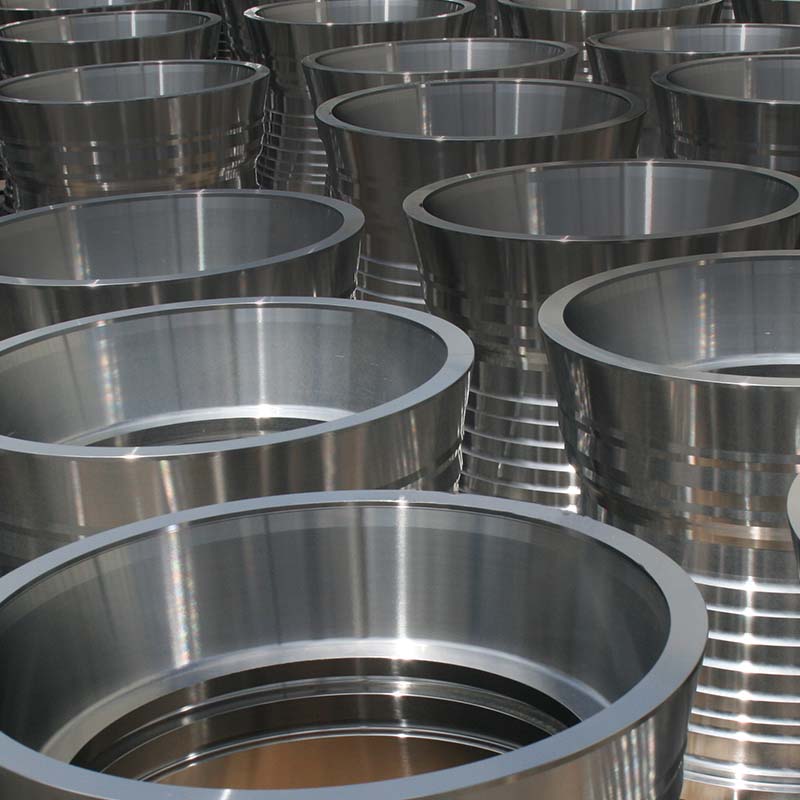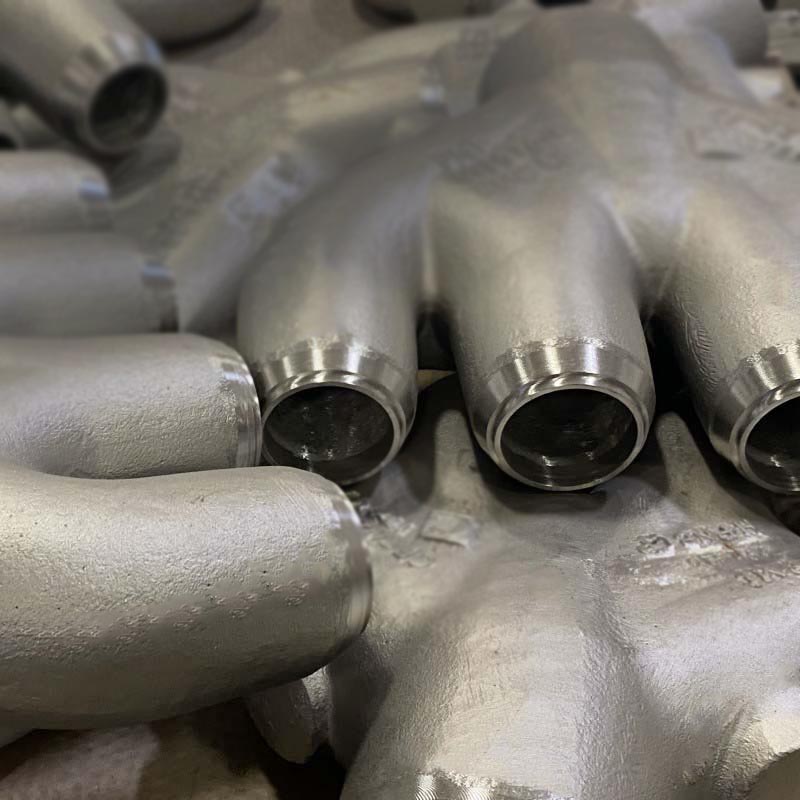Overview
CT15C is a high-temperature alloy specifically formulated to deliver exceptional creep rupture strength at elevated temperatures. This low-carbon, niobium-strengthened alloy surpasses the performance of conventional 20-32Nb/CT15C alloys in resisting creep deformation, a phenomenon where materials deform under sustained stress at high temperatures. With a service limit of 1040 degrees Celsius (1900 degrees Fahrenheit), CT15C maintains its structural integrity and resists deformation even under prolonged exposure to extreme heat. This makes it a valuable choice for demanding applications in industries like aerospace and power generation, where components must operate reliably under high-temperature conditions for extended periods.
Typical Uses
Petrochemical furnaces.
MetalTek Designation
MTEK SUPER 20-32Nb
Poured At:
Carondelet Division, Sandusky International Division, Wisconsin Centrifugal Division, Wisconsin Investcast Division
Similar Specifications
Cast UNS: N08151
Wrought UNS: N08811
Cast Grade: CT15C
Cast ASTM: A351
Typical Chemical Composition (% by wt.)
Aluminum: n/a
Carbon: 0.12
Chromium: 20
Manganese: 1.25
Iron: n/a
Copper: n/a
Nickel: 33
Lead: n/a
Tin: n/a
Silicon: 0.6
Zinc: n/a
Other: Nb 0.90; Others 0.50 MAX
Minimum Mechanical Properties
Heat Treatment: Not Heat Treated
Frequently Asked Questions
Heat resistant stainless steel refers to alloys designed to maintain mechanical properties and resist oxidation at elevated temperatures.
Applications include furnace parts, heat exchangers, and components in petrochemical plants.
Heat resistant stainless steels can withstand temperatures up to 1,150°C (2,100°F), depending on the grade and exposure time.
High chromium and nickel contents stabilize the austenitic structure and form a protective oxide layer, resisting scale and oxidation.



